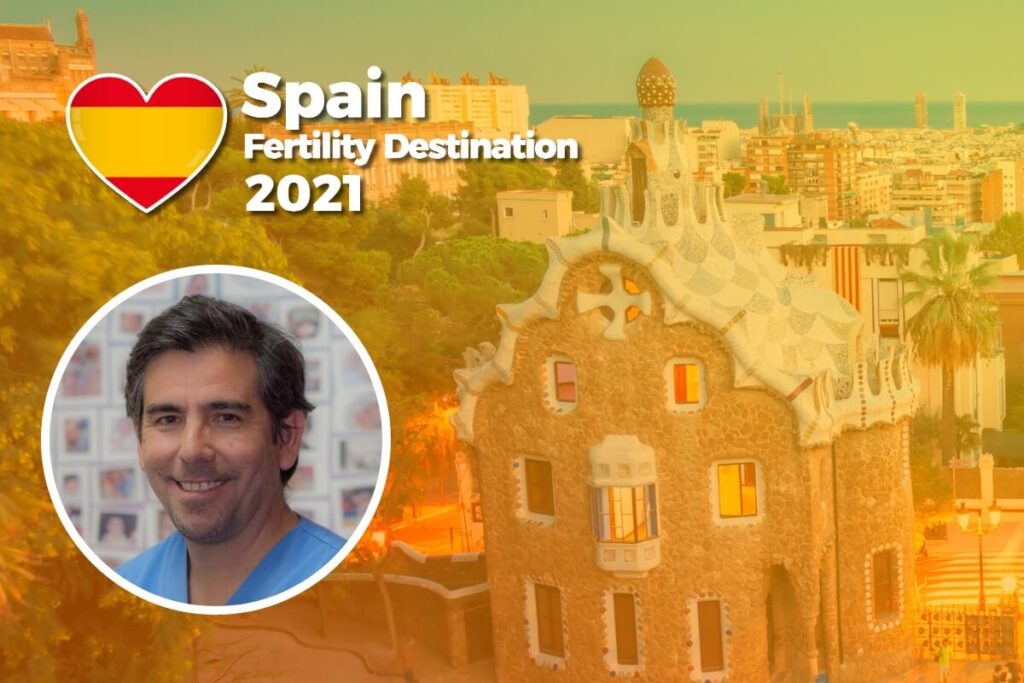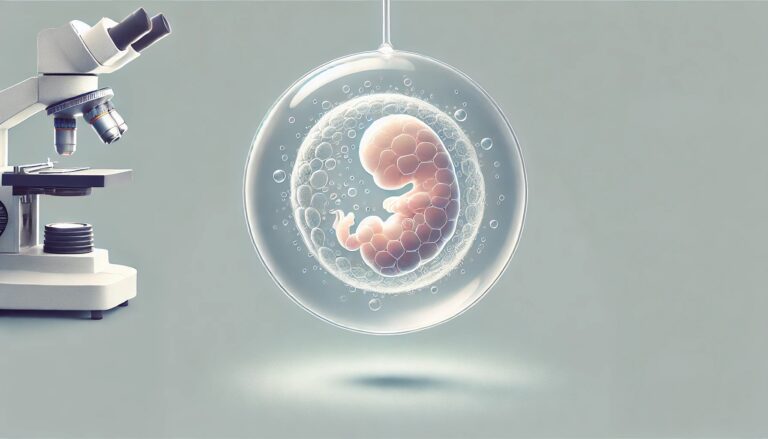We live in a globalised world where practically everything is within our reach, regardless of the county where it is manufactured. Medical Tourism is no exception to this fact, and the global figures are significant. More and more people are travelling to other countries to undergo medical treatment for different reasons.
The World Health Organization (WHO) suggests that there are 50 million couples worldwide who are not able to conceive, hence the need to travel for treatment. Reproductive tourism, specifically, is when a female or a couple travels to another country to undergo assisted reproduction treatment. The main reason which motivates people to travel abroad is that they can benefit from legislation that is more permissive in some countries, and also excellent healthcare. On occasion, travelling abroad may also be attractive due to financial reasons. The idea of being able to combine fertility treatment and tourism in a country and city that are nice to visit is very appealing.
Why Spain?
Spain has one of the most open and progressive legislations when it comes to assisted reproduction in Europe. In addition, it’s one of the world’s most popular tourist destinations. The total income from tourism reached 154,487 million euros in 2019, which translated to 12.4% of our GDP. When it comes to reproductive tourism, most of our patients come to us from France, Italy, the United Kingdom and the Netherlands. This is mainly due to the fact that legislation in those countries is more restrictive.
Why Malaga?
Malaga is one of the most important cities in Andalusia. It is the economic engine of our autonomous community and also offers excellent transport connections. Malaga Airport, officially named Malaga-Pablo Picasso Airport, is the fourth busiest airport in all of Spain. In 2019 it handled 19,856,299 passengers (16,851,281 on international flights), a figure which positions Malaga as the major port of entry for tourists who are visiting not only Costa del Sol but also the rest of Andalusia. These numbers represent approximately 85% of all international air traffic in Andalusia, where Malaga is the only airport to offer such a wide range of destinations.
Since 2007, the high-speed AVE train has offered daily connections between Malaga and other important cities such as Madrid, Barcelona, Valencia and Seville. The climate in Malaga and its wide range of tourism activities make this city a top destination for fertility treatment. The Mediterranean Sea borders the entire coastline, and inland Malaga is a paradise waiting to be discovered. Mixing treatment, a pleasant climate, tourism and culture on the same trip is perfect. There are several clinics dedicated to offering fertility treatment, so patients are able to choose the clinic that best suits them based on their needs and desires.
Who is reproductive tourism intended for?
Understandably, it is intended for women and couples with fertility issues. Women who wish to become single mothers and same-sex female couples also form part of the target market for reproductive tourism in Europe, mainly for legal reasons. In some surrounding countries, very important assisted reproduction techniques are prohibited, such as egg donation, or there are restrictions regarding this and other types of treatment.
Legal obstacles in other countries are the main reason why people travel to Spain for fertility treatment. For example, Germany prohibits fertility treatment using donor gametes; the United Kingdom allows fertility treatment using donor gametes, but donations are known rather than anonymous like in Spain; Italy imposes restrictions regarding the use of Pre-implantation Genetic Diagnosis, etc.
What are the main legal developments in assisted reproduction in Spain?
Assisted reproduction legal regulations in Spain are broad, permissive and progressive. Practically all types of treatment are allowed, with the exception of gender selection, only allowed if there are medical reasons, and surrogacy, which is absolutely prohibited in our country. Access to fertility treatment is a possibility for all women and couples regardless of their sexual orientation or marital status. It is important that same-sex female couples, at least those living in Spain, are married when treatment is carried out so that they don’t encounter any problems when registering their future baby’s birth with the Spanish Civil Registry office. There is no age limit for receiving fertility treatment. However, the general recommendation of the Spanish Fertility Society, which almost all clinics in Spain adhere to, is to refrain from carrying out treatment on women who are 50 or older due to the serious risks, both for mom and baby, associated with a pregnancy at this age.
Gamete donation in Spain is always anonymous: the recipient doesn’t know and cannot choose who will donate their eggs to her. Likewise, the donor doesn’t know and cannot choose who will receive her eggs. Donation is altruistic, though economic compensation to cover expenses and inconveniences caused by the treatment, trips to the clinic, absences at work, etc., is allowed. Pre-implantation Genetic Diagnosis can be carried out in the majority of cases involving severe genetic conditions, thus making it possible for parents to have a healthy child who is free from the hereditary, genetic conditions the parents suffer from or are carriers of. Freezing the embryos that are remaining following assisted reproduction treatment is permitted, and the frozen embryos can be stored in an authorised embryo bank indefinitely.
Spain – the leader in assisted reproduction treatment
Since 1978, the year that Louise Brown was born, the first in vitro fertilisation (IVF) baby, reproductive medicine has evolved by leaps and bounds. At present, Spain is the leading European country for the number of fertility treatments performed according to data from the European Society of Human Reproduction and Embryology (ESHRE). This rise in numbers is no coincidence: it is due to the fact that reproductive medicine is carried out at the highest level in our country.
The quality of assisted reproduction treatment in Spain, ongoing research, highly qualified staff and one of the most progressive legislation in Europe all mean that Spain and Malaga are the best places to make your dream of creating a family come true.
Author: Dr. Juan José Sanchez Rosas
Table of Contents





